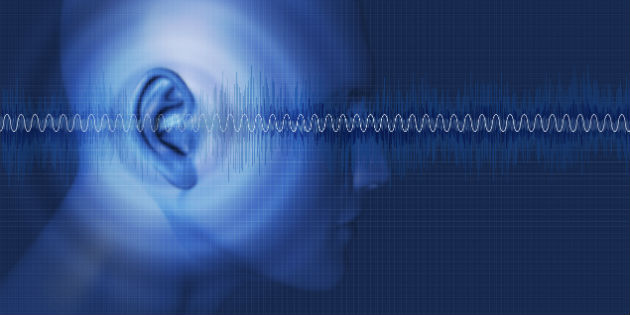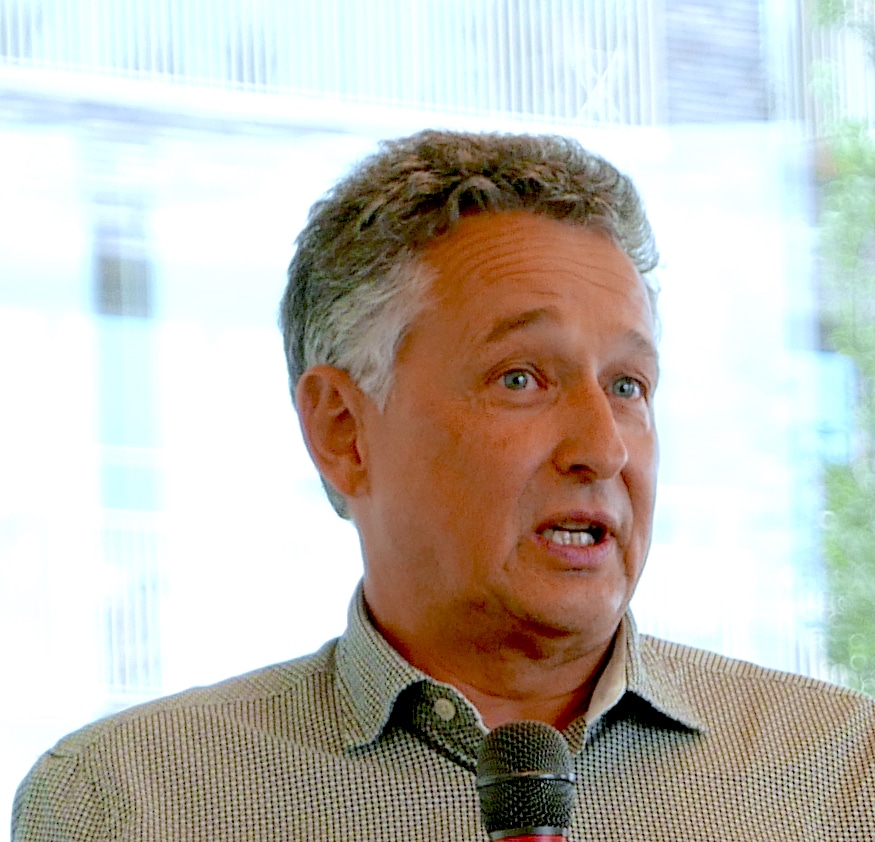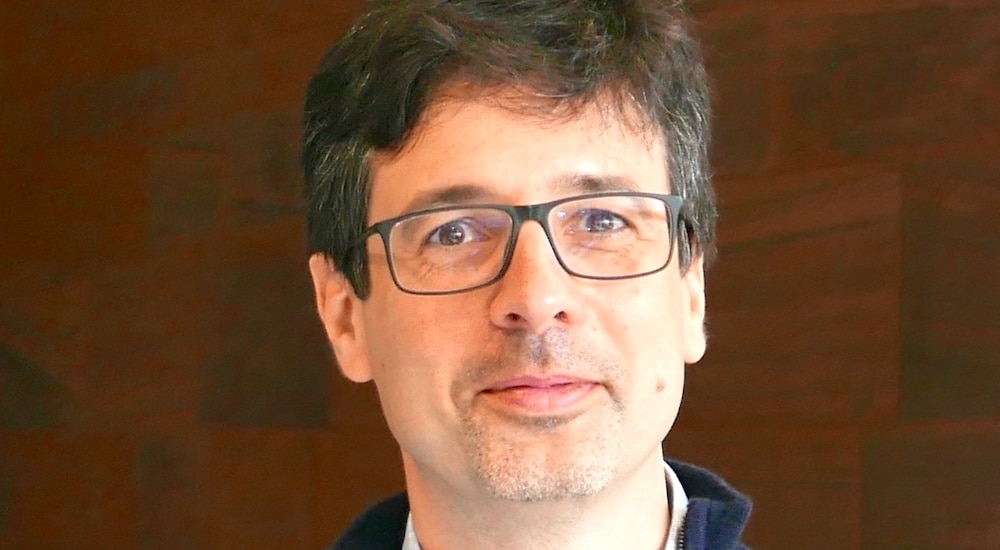Broadband or nature sound treatment for tinnitus
Study
Scientists in New Zealand recently carried out a mixed-method trial of broadband noise (BBN) and nature sounds in tinnitus therapy, and somewhat surprisingly found better outcomes for broadband noise.

The researchers who work at the Centre for Brain Research, University of Auckland, New Zealand enrolled 18 participants aged 18 to 69 years who had constant tinnitus and a minimum weighted score of 21 on the tinnitus functional index (TFI). The study followed a randomized, controlled, cross-over design using mixed methods, i.e. qualitative and quantitative.
Repeated outcome measures were obtained at three time points: baseline when the sound was first applied, 4 weeks after treatment, and 8 weeks after treatment for both BBN and nature sound therapies. The original hypothesis that nature sounds, with unpredictable temporal characteristics and high valence, would yield greater improvement in tinnitus than constant, emotionally neutral broadband noise was not found to be valid.
From a baseline TFI score of 41.3, sound therapy resulted in TFI scores at 8 weeks of 35.6. Interestingly, broadband noise resulted in significantly greater reduction (8.2 points) after 8 weeks of sound therapy than nature sounds (3.2 points). The positive effect of sound therapy on tinnitus was supported by secondary outcome measures of tinnitus, emotion, attention, and psychological state.
The authors conclude that: “results indicate that the introduction of broadband noise shifts internal adaptation level weighting away from the tinnitus signal, reducing tinnitus magnitude. Nature sounds may modify the affective components of tinnitus via a secondary, residual pathway, but this appears to be less important for sound effectiveness.”
Source: M. Durai, GD. Searchfield. A Mixed-Methods Trial of Broad Band Noise and Nature Sounds for Tinnitus Therapy: Group and Individual Responses Modeled under the Adaptation Level Theory of Tinnitus. Frontiers in Aging – Neuroscience 2017 Mar 9;9:44.


